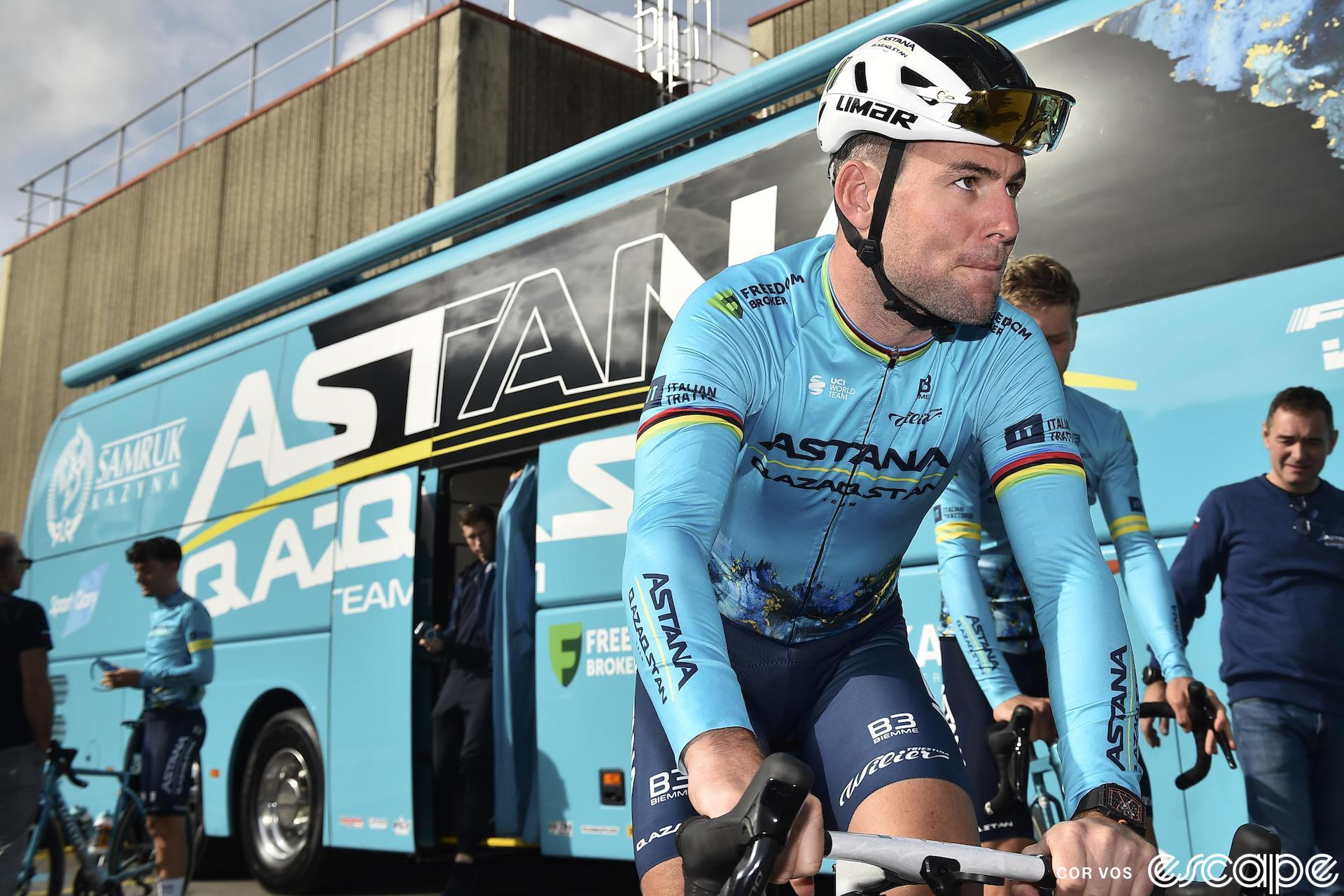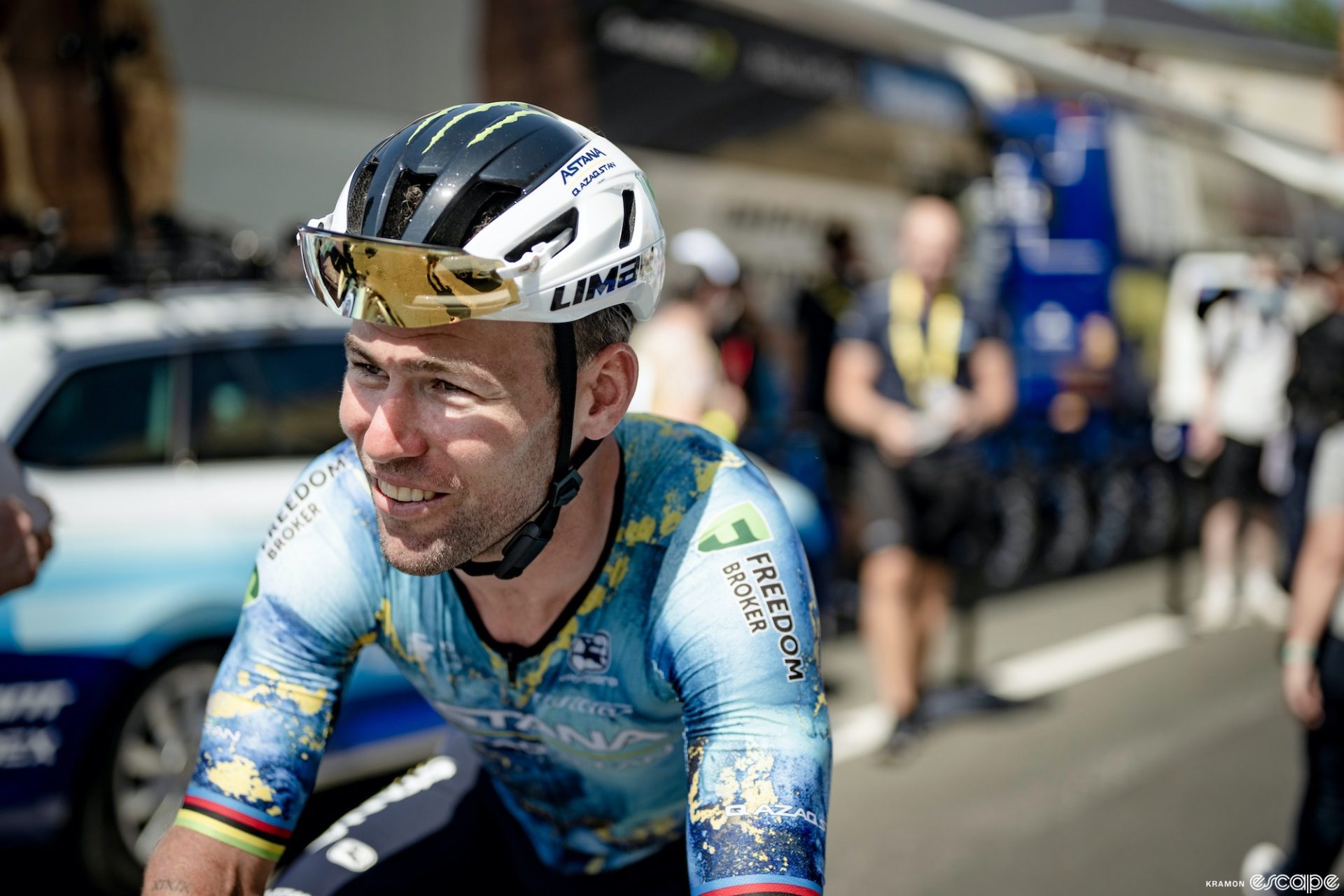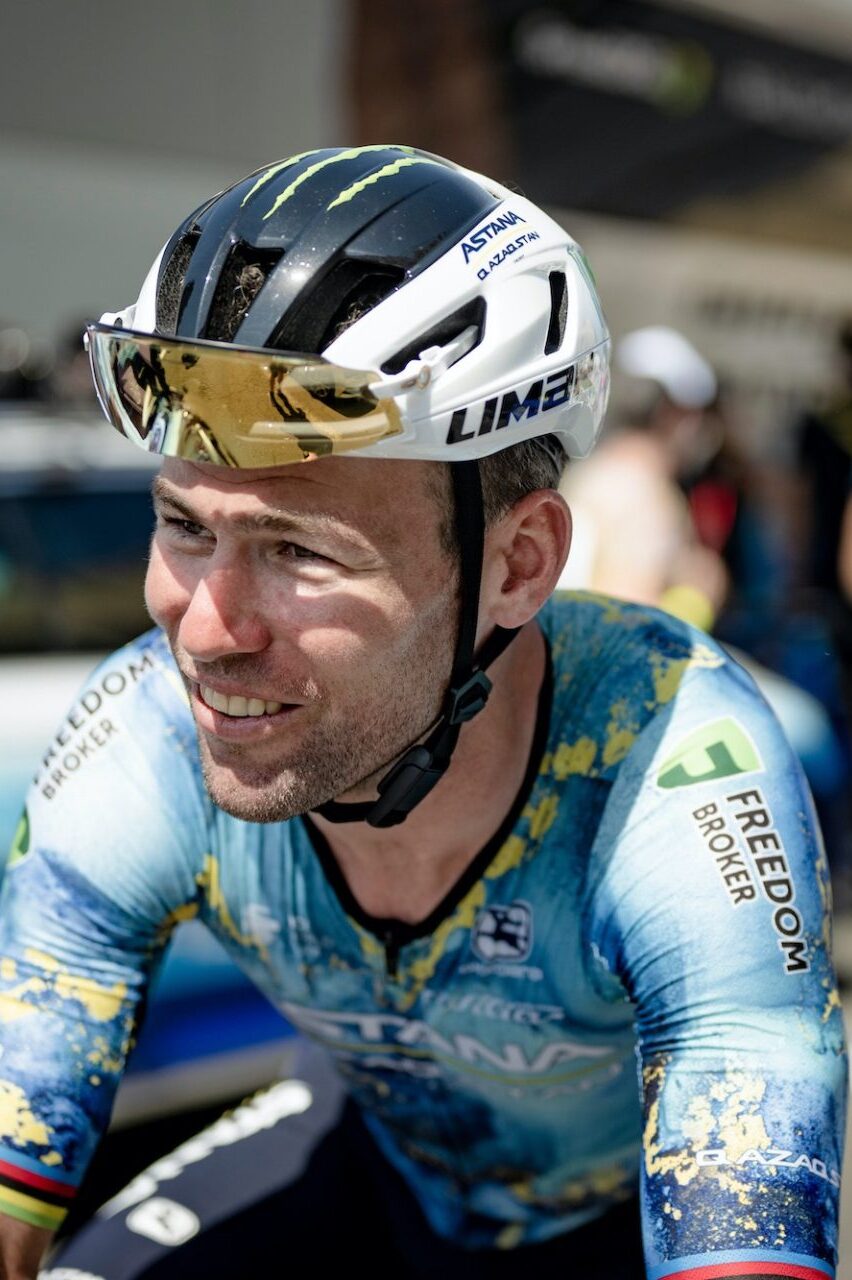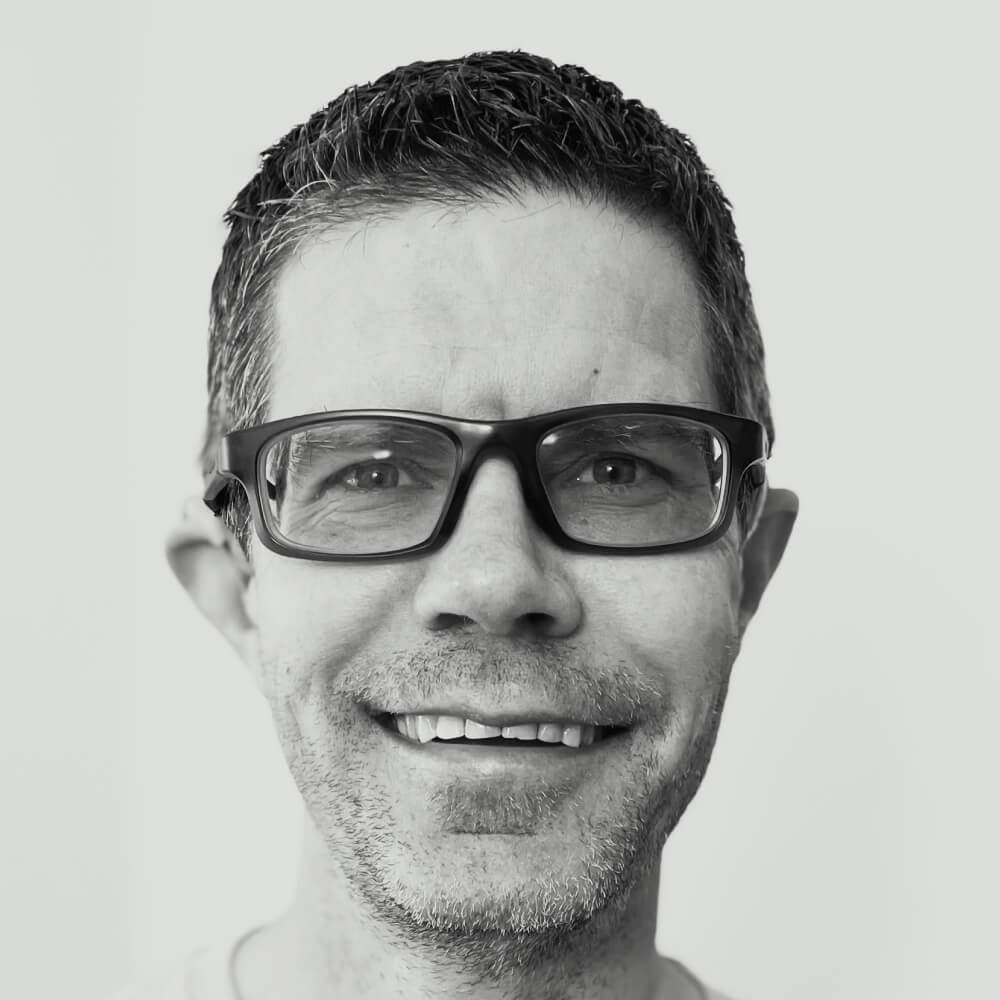As the saying goes, success has many fathers; failure is an orphan.
But if Mark Cavendish does not manage to complete his quest this July for a 35th Tour de France stage win, there will be any number of reasons. Two that loom large in my mind are a missed chance in 2021 and a misguided choice today at Milano-Torino.
In the 2021 Tour, Cavendish had already won three stages, putting him at 33 career total, by the time the peloton rolled off the start line for stage 12. The destination – Nîmes – was one where he’d won before. His Deceuninck-Quick Step team was healthy, confident, and in control on sprint stages in a way we’d not seen from a sprint team since arguably Cavendish’s HTC days.
The stage quickly went sideways: Crosswinds and fierce racing created splits almost from the gun, and the pack was reduced to as few as 40 riders at one point in the early going. Ultimately, a 13-rider move got clear, including tractors like Stefan Küng, Nils Politt, and Stefan Bissegger. With the pack uninterested in the chase, the break gained around 15 minutes.
Deceuninck was active all day: Kasper Asgreen was one of the first attackers, and Julian Alaphilippe made the successful break, which was eventually broken up as Politt soloed to the stage win. It’s perhaps easy to say in hindsight, but the team’s tactics – along with the general reluctance of other teams to share the work of the chase – essentially left a possible Cavendish stage win on the floor. Cavendish ultimately won a subdued field sprint for 14th, and took his 34th Tour stage win the next day in Carcassonne.
He won 10 races in that resurgent 2021 season; he’s won seven in the three years since. Which leads me to Milano-Torino, and why he was here to begin with.
Cavendish won the race in 2022, as he tried (unsuccessfully) to make his case to be included on Quick Step’s Tour team. But that was on a different course (the race alternates between a sprinter-friendly parcours and one more suited to climbers), and today’s route, while not overly hard by pro standards, had two modest climbs late and so was something of the latter. Sure enough, EF Education-EasyPost breakaway specialist Alberto Bettiol won with a trio of UAE Team Emirates climbers close behind.
So Cavendish was already an unlikely pick for a win, and ultimately didn’t even finish; somewhere prior to 60 km to go (the specifics are unclear), he climbed off the bike and called it a day. Before the race start, however, he told Eurosport, “Like many people, I’m a little bit sick now. It’s ok and hopefully I can hang on today and in the next few days with the sickness. You know when you have a sore throat and stuff like that. The cold is coming, that’s for sure.”
This is profoundly bad decision-making by Astana.
Broadly speaking, the conventional wisdom is it’s OK to engage in moderate exercise with a head cold, but if the illness is below the neck, it’s best to back off. But that advice is generally applied to regular folks just looking for a workout. It’s worth wondering whether that holds true for an elite athlete in a 177 km race (and again, Cav noted a sore throat).
Milano-Torino is Cavendish’s third DNF in a row. He dropped out of the UAE Tour with illness, and then was outside the time limit on stage 5 of Tirreno-Adriatico. That’s a downward slope from a promising start at February’s Tour Colombia, where he got a stage win and a podium.
Given that recent medical history, it’s questionable at best why Cavendish was at the start today. Given Cavendish’s longer medical history, specifically his struggles with chronic fatigue brought on by the Epstein-Barr virus, it’s borderline irresponsible.

Mark Cavendish is, of course, a grown-ass 38-year-old man and is capable of making his own decisions. Maybe he wanted to race? Sure. But that’s where a team doctor steps in and says “Don’t be a hero.” That’s where a coach looks at Cavendish’s training files and sees that his system is stressed and says, “This isn’t worth it.” Cavendish is not on the Milan-San Remo startlist and his next scheduled start isn’t for three weeks. What, exactly, was the point of having him try to tough it out on a random Wednesday?
Pro cycling teams today exist on a continuum of sophistication. But roughly, there are two groups: teams that embrace all modern sports science, and those that still blunder their old-school “rub some dirt on it” way forward. Astana has always had a rep for being in the latter group.
I’d encourage the team to take both the short and the long view here. Its 2024 team is largely built around Cavendish. From bringing in leadout talent like Davide Ballerini, Max Kanter, and Michael Mørkøv to former Cav leadout Mark Renshaw as a DS, the team’s signal goal for 2024 is Cav’s quest for a 35th Tour win.
But, as Dane Cash has pointed out, that’s a dangerous gamble. We’re in year two of the latest relegation cycle, and Astana won exactly one WorldTour race last year – Cavendish’s Giro d’Italia stage win, and has just two victories this season, both at the 2.1 Tour Colombia. With a drop to the second division being more than a theoretical possibility at this point, keeping your star rider healthy is not just good for him; it’s good for the future of the team.
Cavendish’s next race is early April’s Scheldeprijs, the sprinter’s classic that sits between the Tour of Flanders and Paris-Roubaix. It’s an event that holds a particular resonance for him: his second career victory, it marked the start of his rise as the sport’s top sprinter for the next six seasons. In eight starts, he’s finished on the podium seven times. In 2021, it was one of a series of promising early season results that heralded his resurgence.
The one year he didn’t, in 2020, was the darkest time in his pro career, as he fought fatigue and self-doubt and almost saw his time in the pack end. He rebounded once, amazingly and improbably. But Mark Cavendish doesn’t have seasons left for another comeback. If he’s going to make that storybook 35th Tour win happen, it has to start now, and neither he nor Astana can force their way to it.
Did we do a good job with this story?


